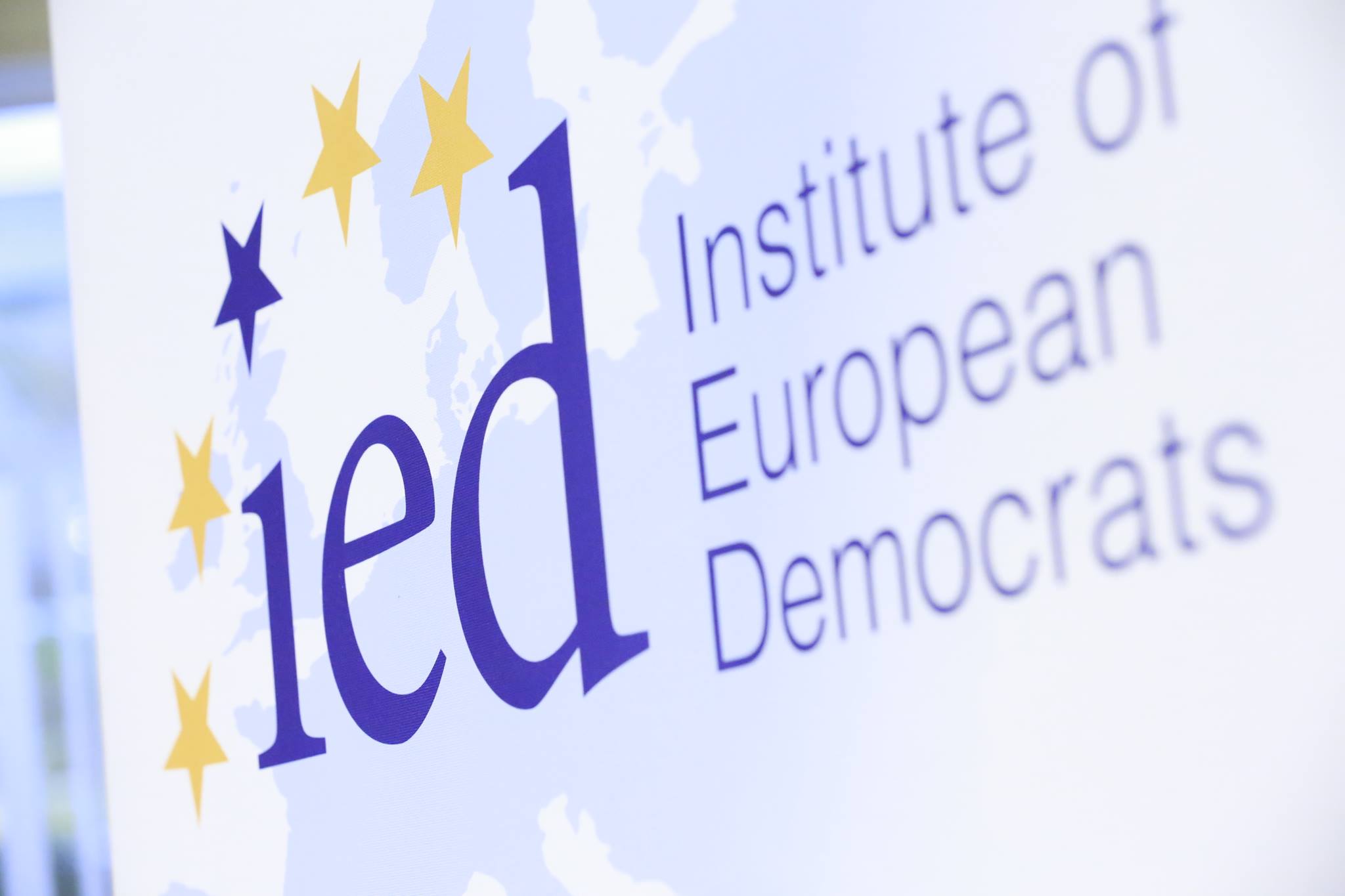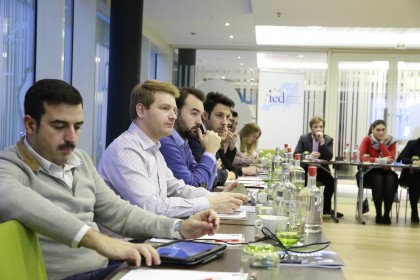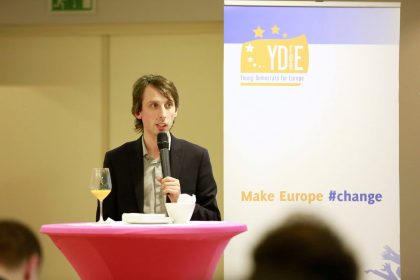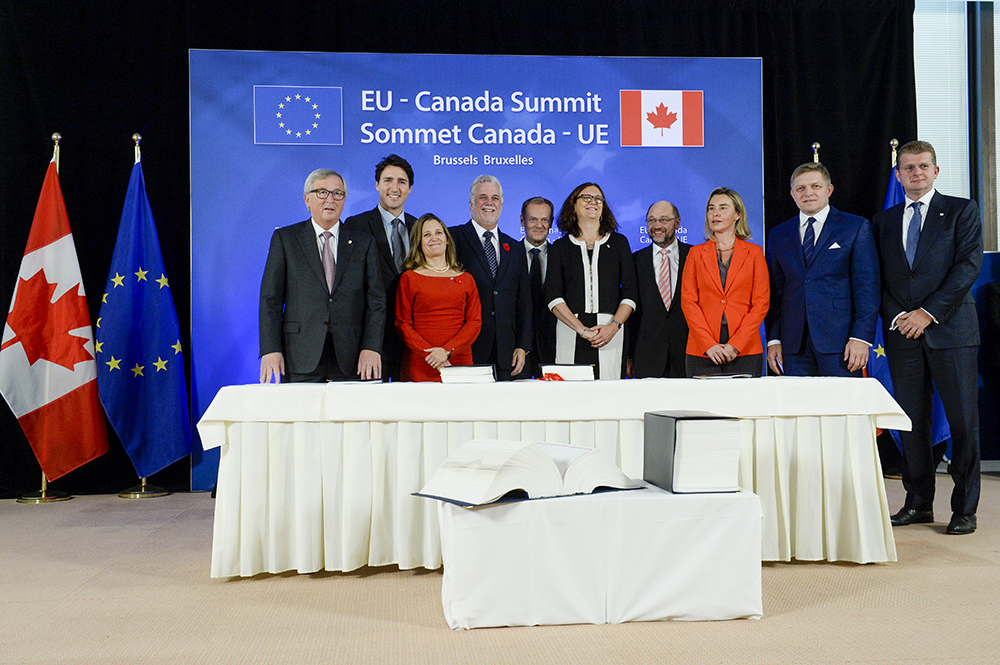CETA, das Freihandelsabkommen zwischen der Europäischen Union und Kanada, wurde nach mehreren Tagen der Ungewissheit wegen des Widerstands des wallonischen Parlaments endgültig am 30. Oktober unterzeichnet. Die Jungen Demokraten begrüßen den Abschluss, bedauern aber diese Episode, die die EU zu einer weiteren Schwächung führt. Drei Lehren können aus ihr gezogen werden.
Der Bedarf für Demokratie, Aufgeschlossenheit und Transparenz sollte nie verkannt, sondern vielmehr beantwortet werden. Donald Tusk selbst gab zu, dass die Debatte, die von der Wallonie angestoßen wurde, sehr „lohnend“ war, um den Bürgern „glaubwürdige Informationen“ zu geben. Tatsächlich muss die Europäische Kommission ihrer Verantwortung als „Regierung der EU“ gerecht werden und ihre Projekte den europäischen Bürgern direkt über die Medien erklären, so wie jede Regierung es machen würde, wenn sie nationale Gesetze entwirft. Solch eine dramatische Situation hätte vermieden werden können, hätte sich die Europäische Kommission schon früher um einen Dialog mit der Wallonie bemüht. Dies sollte für künftige Verhandlungen im Gedächtnis behalten werden.
Jedoch sollte der Bedarf für offenere Verfahren vornehmlich auf europäischer Ebene beantwortet werden, indem so schnell wie möglich das Europaparlament und die öffentliche Meinung näher in die Verhandlungen einbezogen werden.
Die einzelnen Verträge, die von der EU unterzeichnet werden, können nicht von annähernd 40 nationalen oder regionalen Parlamenten ratifiziert werden, ohne zu riskieren, dass durch eine einzige Ablehnung der gesamte Prozess gefährdet wird. Das hat Folgen für die Glaubwürdigkeit der Union als globaler Akteur. Größere Kompetenzen müssen der EU und dem Europaparlament in der Handelspolitik gegeben werden.
Die Zurückweisung von Handelsabkommen hat nichts zu tun mit ihrem Mangel an Transparenz, sondern mit dem Zweifel an den Vorteilen des Freihandels selbst. Wir glauben, dass Freihandel den Völkern Wohlstand und Chancen bringt, aber neben den Vorteilen schafft Freihandel auch Verlierer. Ein europäisches Handels-Verteidigungsinstrument sollte eingeführt werden. Falls Europa und seine Mitgliedstaaten keinen nachhaltigeren Rahmen für Freihandel schaffen, wird das Risiko bestehen, dass populistische Parolen um sich greifen. Freihandel allein kann nicht der einzige politische Orientierungsrahmen sein, das den europäischen Bürgern gegeben wird.
Bild: European Parliament AudioVisual Department




